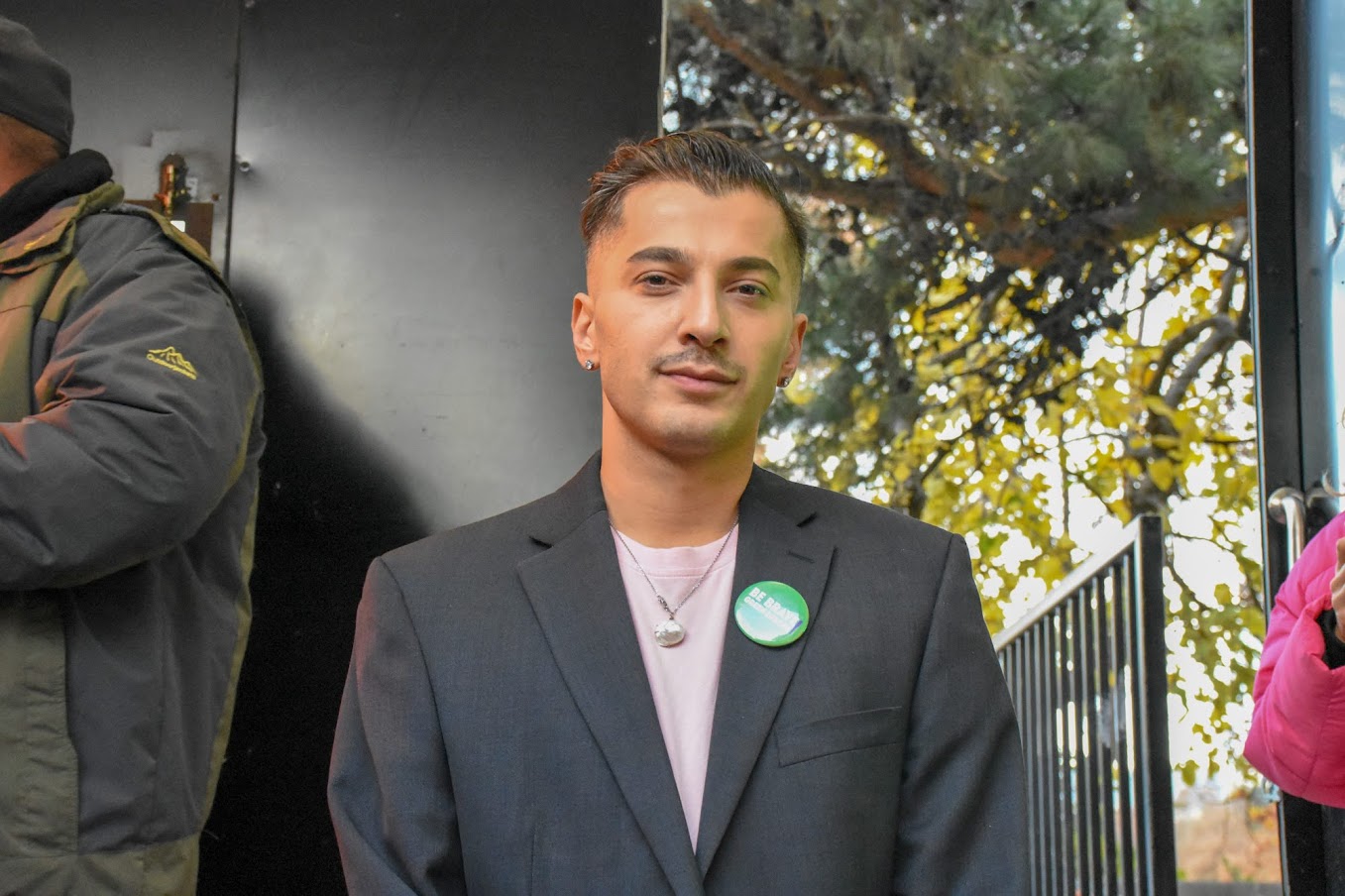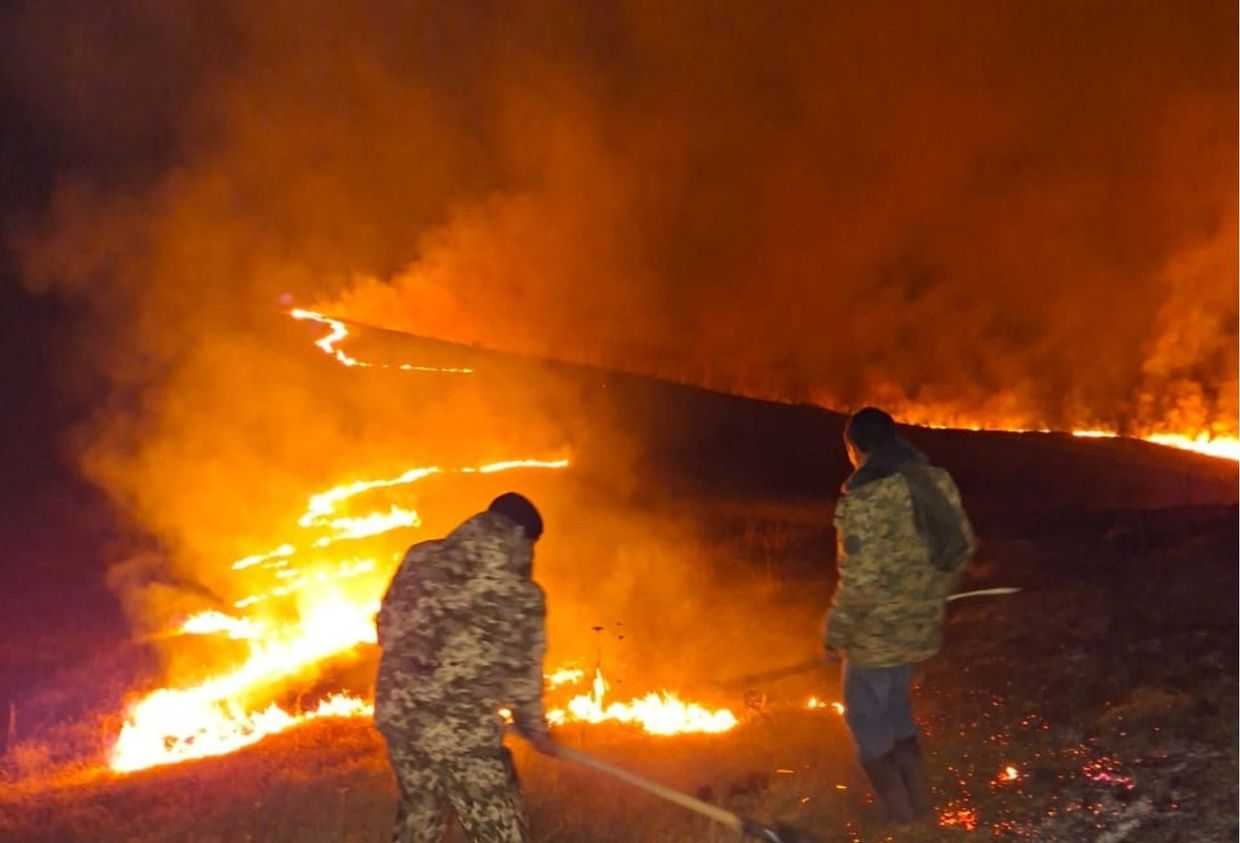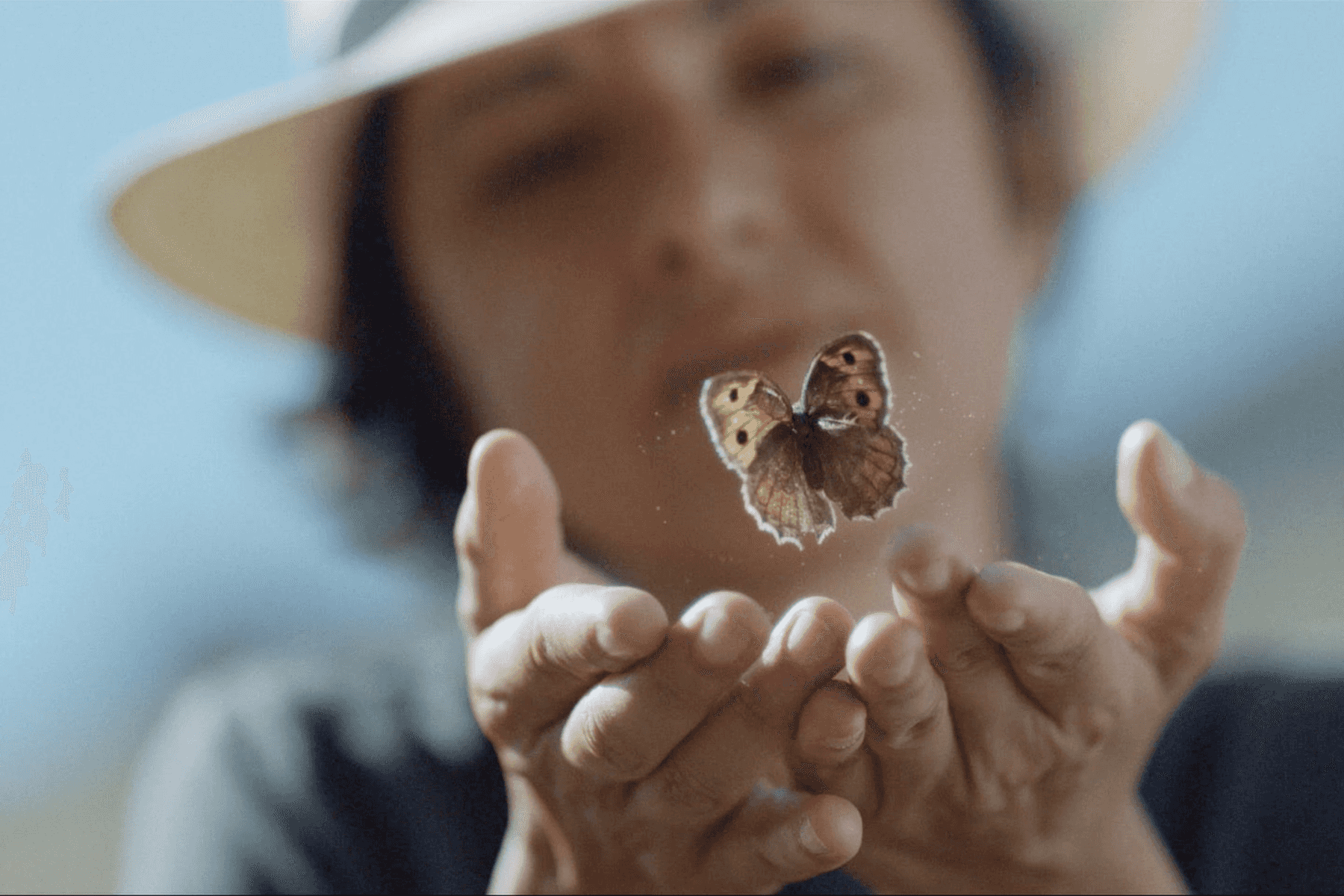
The Georgian Greens party has launched in Tbilisi vowing to promote queer and women’s rights, as well as environmental protection.
Several hundred supporters and members attended the party’s launch at the Mtkvarze nightclub on Sunday, for speeches, a drag performance, and an after-party.
According to Tornike Kusiani, one of the party’s leaders and founders, they have already signed up around 400 members.
In their speeches, the party’s founders criticised the government’s record on women and queer rights, as well as the environment.
‘Our goal is to bring important issues to the fore in two directions. Green issues — ecology, the climate, environmental protection — and also equality issues, including the rights of queer people, women, people with disabilities, ethnic and religious minorities, and the rights of people from [less privileged] social categories’, 27-year-old Tamar Jakeli, one of the leaders and founders of the party, told OC Media.
Jakeli said that she and other founders began to plan to launch their own party around two years ago, when they were members of the Young Greens movement.
A number of high-profile violations of the rights of women, queer people, and minority groups have been seen in Georgia in recent years.
Last June, a planned pride march was overrun by rightwing homophobic groups, who attacked journalists and people they perceived to be queer. Several dozen people were injured on that day, including more than 50 journalists.
In recent months, cases of femicide and violence against women have also come to the fore, which human rights defenders attribute to issues with the current legislation, poor implementation of existing laws, and incompetence from law enforcement officials.
[Read more on OC Media: Man allegedly burns ex-wife to death in western Georgia]
Jakeli said she would hold off on making specific policy announcements until they could consult with activists and civil society organisations.
‘We want to come up with concrete points through regular meetings and a consistent process to establish what policies we will have if we enter parliament’.
Georgia’s next parliamentary elections are set to take place in 2024, despite frequent demands from opposition groups for snap elections.
Fighting the system from the inside
Leaders of the party said they planned to make systemic changes in Georgia if they came to power.
‘The last few years have shown us that traditional forms of civic activism in the country no longer work at all, because a person can pitch a tent in front of the parliament for a whole month and still be ignored by the authorities’, Tornike Kusiani, a former activist in the Young Greens movement told OC Media.

‘We realised that in addition to fighting the system from the outside, it is necessary to fight it from the inside’.
Kusiani said the party would not give up on its queer and feminist values to make itself more palatable to the electorate.
‘[We won’t] compromise our values, although others do, to reach the public. We want to create a platform for all those [whose rights are violated]. We recognise that structural change is the most important change [in Georgia],’ he said.
There are currently around 200 political parties and independent politicians in Georgia’s political system.
The Georgian Greens are not the first green party to be established in Georgia; the Greens Movement of Georgia was founded in 1990. However, Jakeli clarified that the Georgian Greens had no affiliation with them, and was an entirely independent centre-left party.
She noted that while the Greens Movement focused entirely on environmental and ecological issues, the new party had a much broader vision.
She said her party’s aimed to become a member of the Greens/European Free Alliance, a faction within the European Parliament.
‘The green parties in the West [have] the most progressive, correct views, on women’s and queer issues’, she said.
‘We must be honest, and independent, even if only 1,000 people vote for us in the 2024 elections’, she added.









